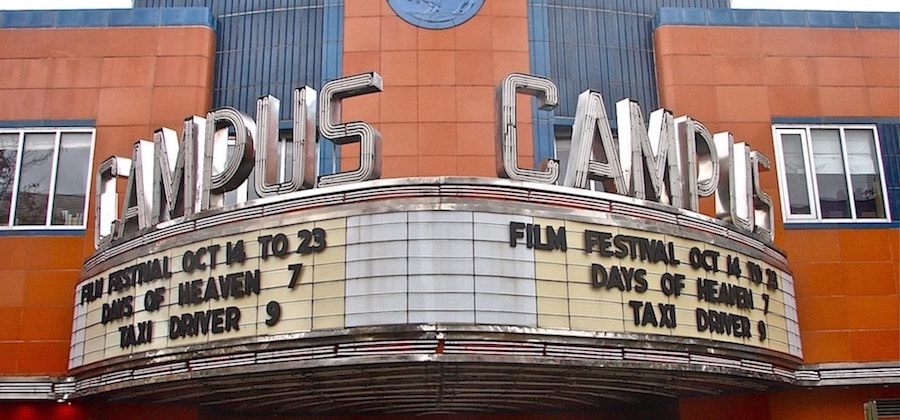
Small Change, impact investing and the creative economy
Small Change helps developers finance socially responsible real estate projects, while offering impact investing opportunities direct to everyday investors. And now we’re sharpening our focus to help developers finance places for creative people and creative communities.
Small Change is proud to partner with Upstart Co-Lab – a national organization focused on impact investing and the creative economy – to help broaden awareness of and direct capital into the spaces where art, design, culture, heritage and creativity happen.
As the creative economy grows along with impact investing, Small Change will be the place where the two converge, offering access to investment in creative economy real estate projects for all. Creative economy projects that serve underserved communities, create jobs, create affordable spaces to live and work fulfill our impact mission.
What is the Creative Economy?
The creative economy is described by John Howkins in his book, The Creative Economy: How People Make Money from Ideas, as “a new way of thinking and doing that revitalizes manufacturing, services, retailing, and entertainment industries with a focus on individual talent or skill, and art, culture, design, and innovation.”
The U.S. creative economy is a $878 billion and 4.5% of GDP according to the National Endowment for the Arts, and touches upon many sectors – from art to design to fashion to food, and beyond. As the creative economy grows, it will need creative spaces in our cities to allow its makers to flourish.
Upstart Co-Lab defines Creative Places as focused on physical buildings that support and enable creatives to drive community impact. And they’ve sharpened the focus by providing a list of North American Industry Classification Systems codes (NAICS) that describe creative businesses.
Small Change and the Creative Economy
Creative economy projects on Small Change’s platform, account for more than a third of listed project, and have included coworking spaces, restaurant incubators, artist co-ops and mixed-use spaces that enliven cities from Philadelphia to New Orleans.
They include projects like 3451 Benning, a food hall incubator in a D.C. food desert; 1476 Magazine Street, an artist-run, worker-owned bed and breakfast in New Orleans; Golaski Labs, a mixed-use community node of office space for minority businesses, a restaurant and smart-tech residences in Philadelphia and the Liberty Bank Building, an historic building converted into a coworking flagship in Pittsburgh.
Where can I learn more about the creative economy?
- Visit our friends at Upstart Co-Lab, a partner of Small Change.
- Read Upstart’s December 2020 resource: The Guide: what cultural institutions need to know about investing for values and mission
- Check out the Social Impact of Arts Project , a research group at the University of Pennsylvania, exploring the impact of arts and culture on the community.
- Or read this report which looks at investable opportunities in the creative economy with the potential to stabilize threatened communities.
- Explore the greater alignment potential between The Community Reinvestment Act and the creative economy.

